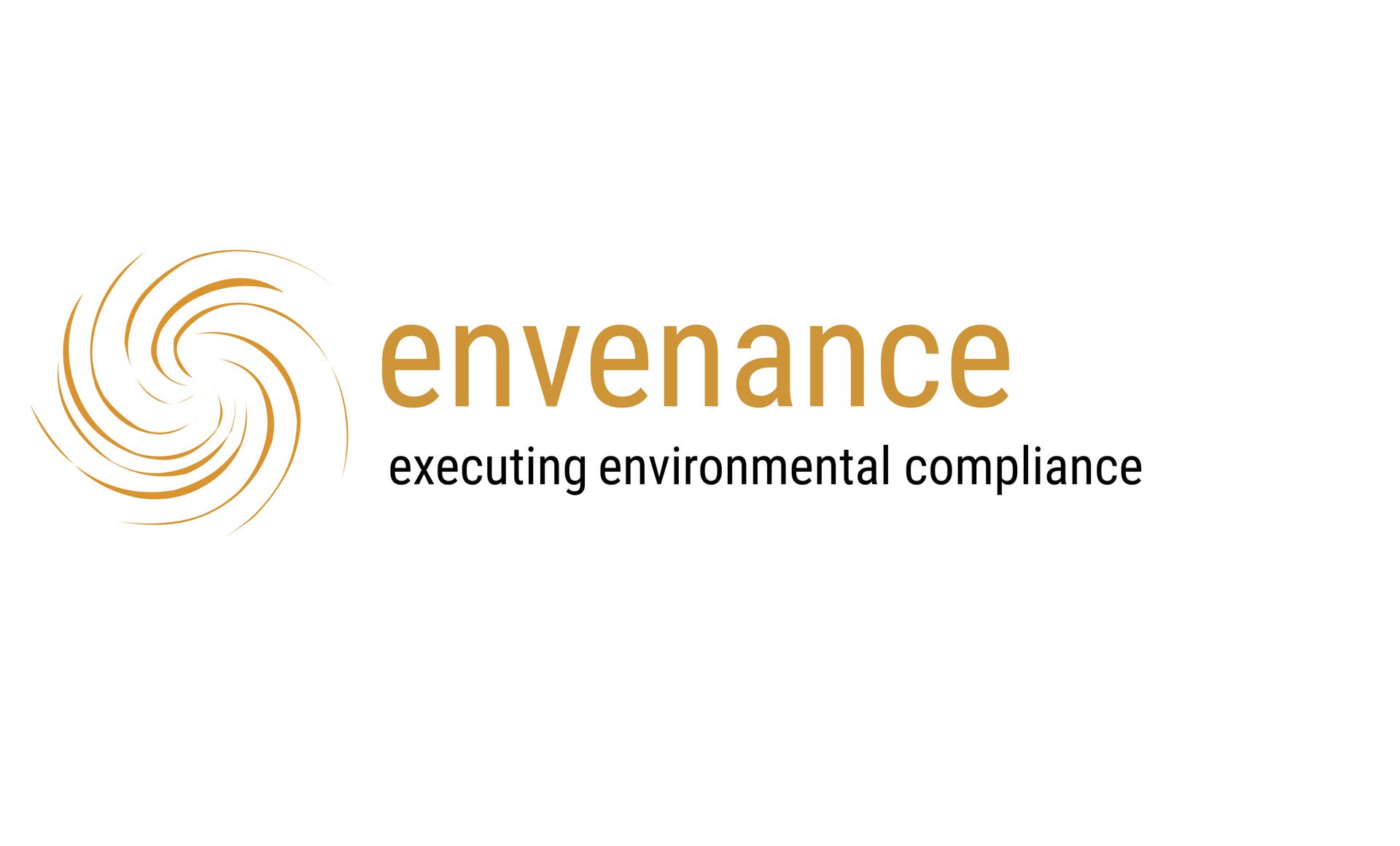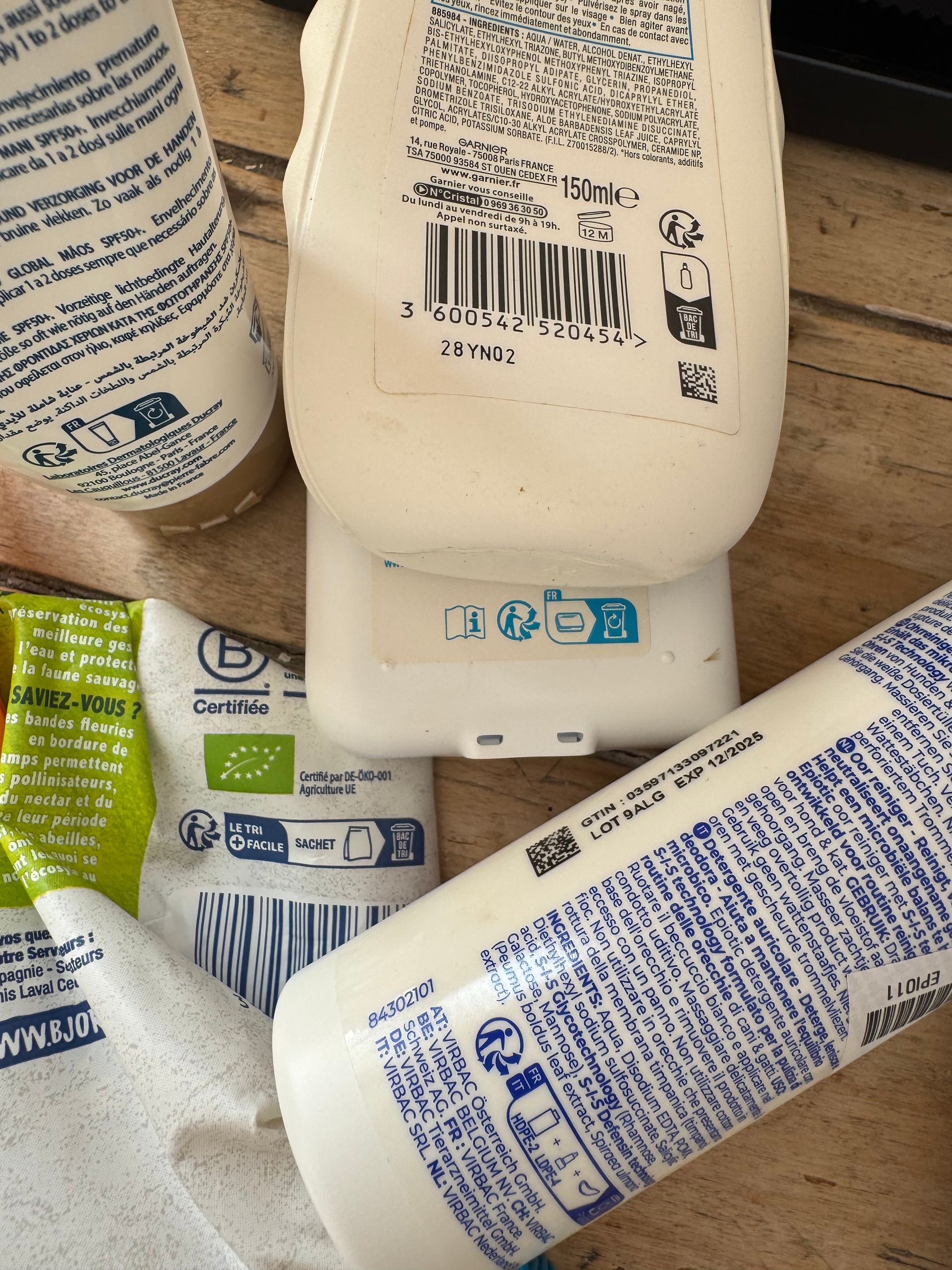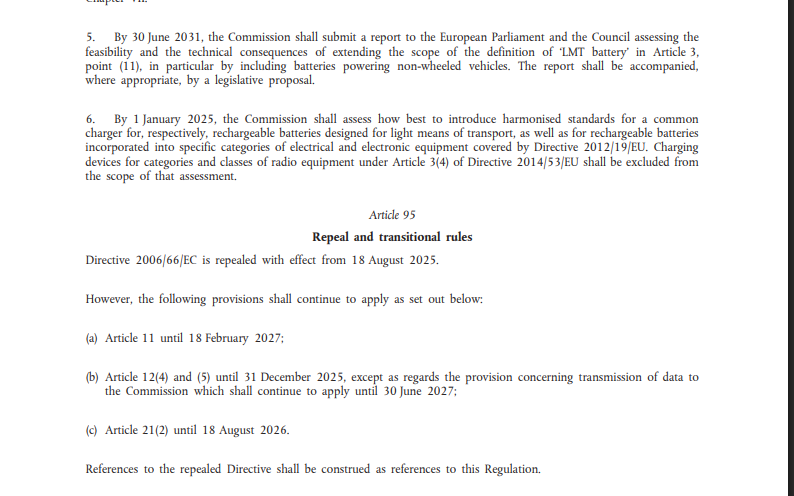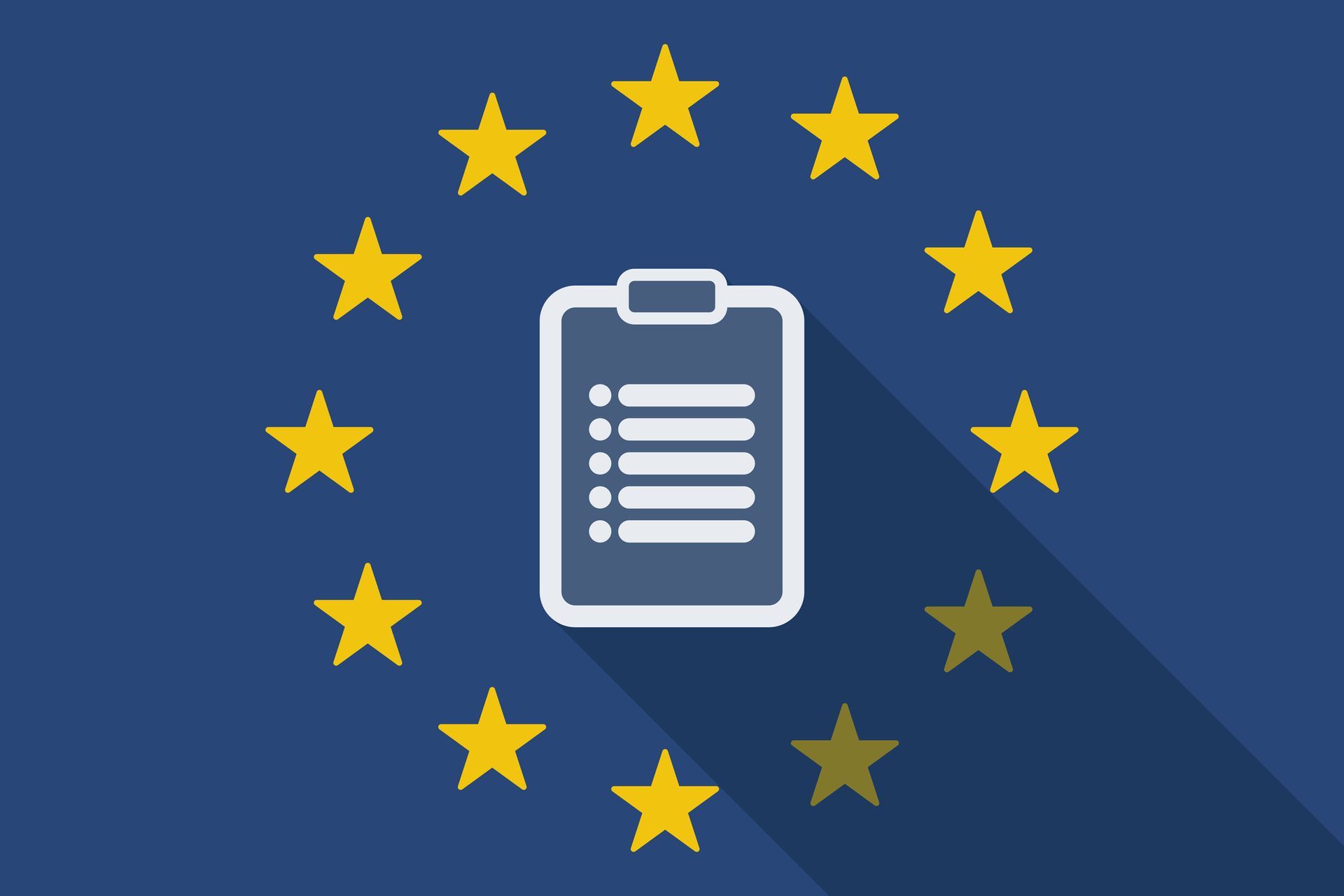EU Packaging Regulation (EU) 2025/40 published
envenance on compliance.
On January 22, 2025, the new EU Packaging and Packaging Waste Regulation (PPWR) was published in the Official Journal of the European Union. For the first time, this regulation governs the entire lifecycle of packaging. The regulation will enter into force 20 days after publication, on February 12, 2025, and will become applicable 18 months later, on August 12, 2026.
With this new regulation, the European Union has set ambitious goals to reduce packaging waste, promote reuse, and increase recycling rates. The regulation calls on companies to actively take responsibility for managing packaging and waste to achieve the goals of a sustainable circular economy.
Key Provisions for Businesses under Extended Producer Responsibility:
- Obligation to Reduce Packaging Waste by Minimizing Volume
Packaging must be designed to minimize weight and volume without compromising functionality. - Mandatory Recycling Compatibility of Packaging
Companies must ensure that their packaging is fully recyclable by 2030, requiring adjustments in packaging design and material selection. - Promotion of Reusable Packaging
The regulation sets targets for reusable packaging, urging companies to develop and implement reusable packaging solutions to reduce waste. - Enhanced Labeling and Information Obligations
New labeling and information requirements will ensure transparency about packaging materials and disposal instructions. Companies must label their packaging accordingly. - Financial Contributions to Recycling Costs
A key aspect of the PPWR is the financial obligation of producers and entities under extended producer responsibility. Companies must contribute more to the costs of collection, sorting, and recycling. Contributions will be based on the amount placed on the market, recyclability, and environmental impact of the packaging used (eco-modulation). From 2030, plastic packaging must contain minimum levels of recycled material to encourage recyclate use and reduce virgin plastic consumption. - Transparency and Reporting Requirements
Companies must provide detailed information on the packaging they use and its disposal. This necessitates new approaches to internal data collection and reporting.
In the essence, the PPWR aims at less packaging, more recycling and cost coverage by the producers.
What Companies Therefore Should Do Now:
- Analyze the Packaging Portfolio
Assess the types of packaging used and determine whether they comply with recycling and reuse requirements. - Review and Optimize Data Management
Evaluate raw data and improve the measurement of raw and sales-weight data for packaging, as this directly impacts disposal fees. - Implement Reuse Systems
Develop strategies for incorporating reusable packaging solutions into your business model. - Strengthen Partnerships
Collaborate with recycling companies to develop innovative solutions. - Optimize Cost Management
Plan for the costs associated with extended producer responsibility and invest in eco-design to reduce fees. Also, review financial controlling processes to maintain cost oversight.
Conclusion and Outlook:
The PPWR places greater responsibility on companies for the environmental impact of their packaging. Now is the time to future-proof packaging strategies.
In the coming weeks, we will explore specific aspects of the PPWR and their impact upon companies in more detail.
If you have any questions or need support in understanding and implementing your extended producer obligations (e.g., packaging type analysis, labeling, registration, data collection), feel free to contact us!













